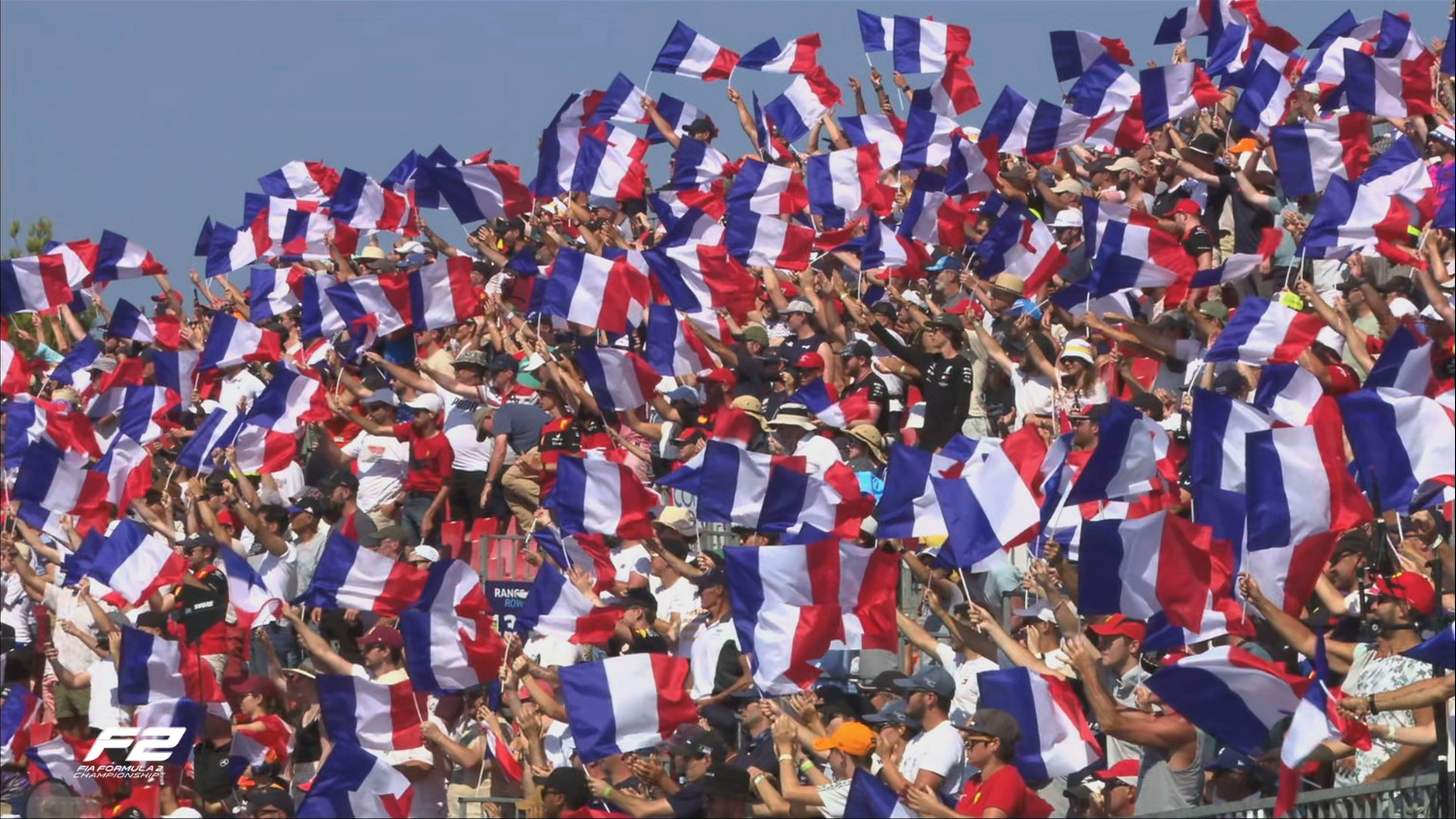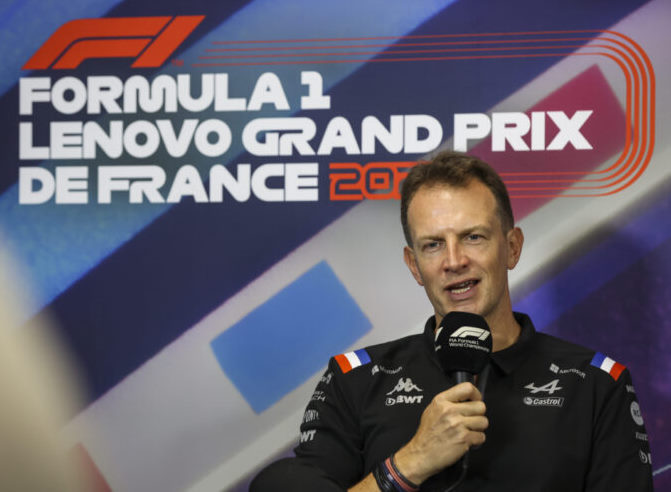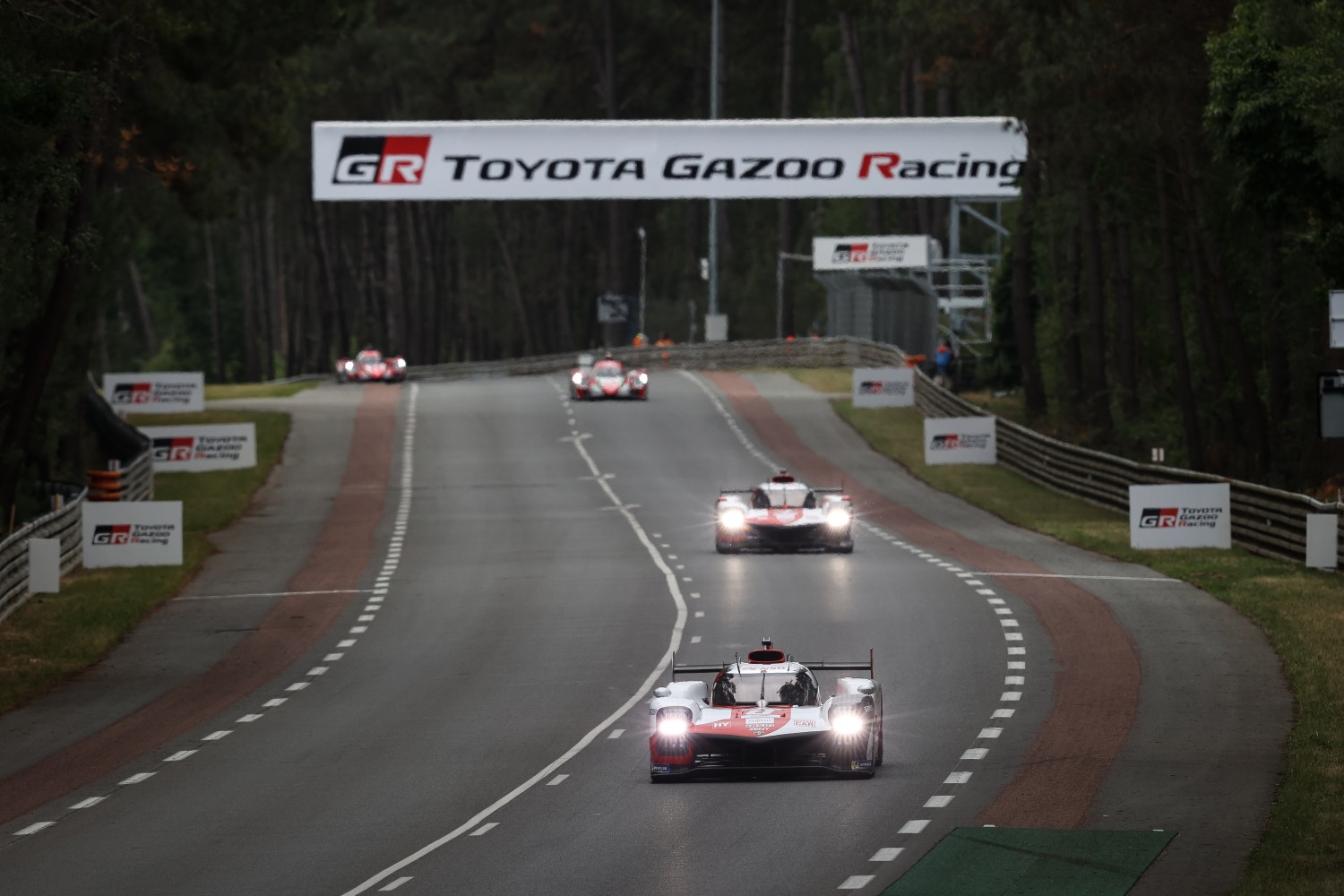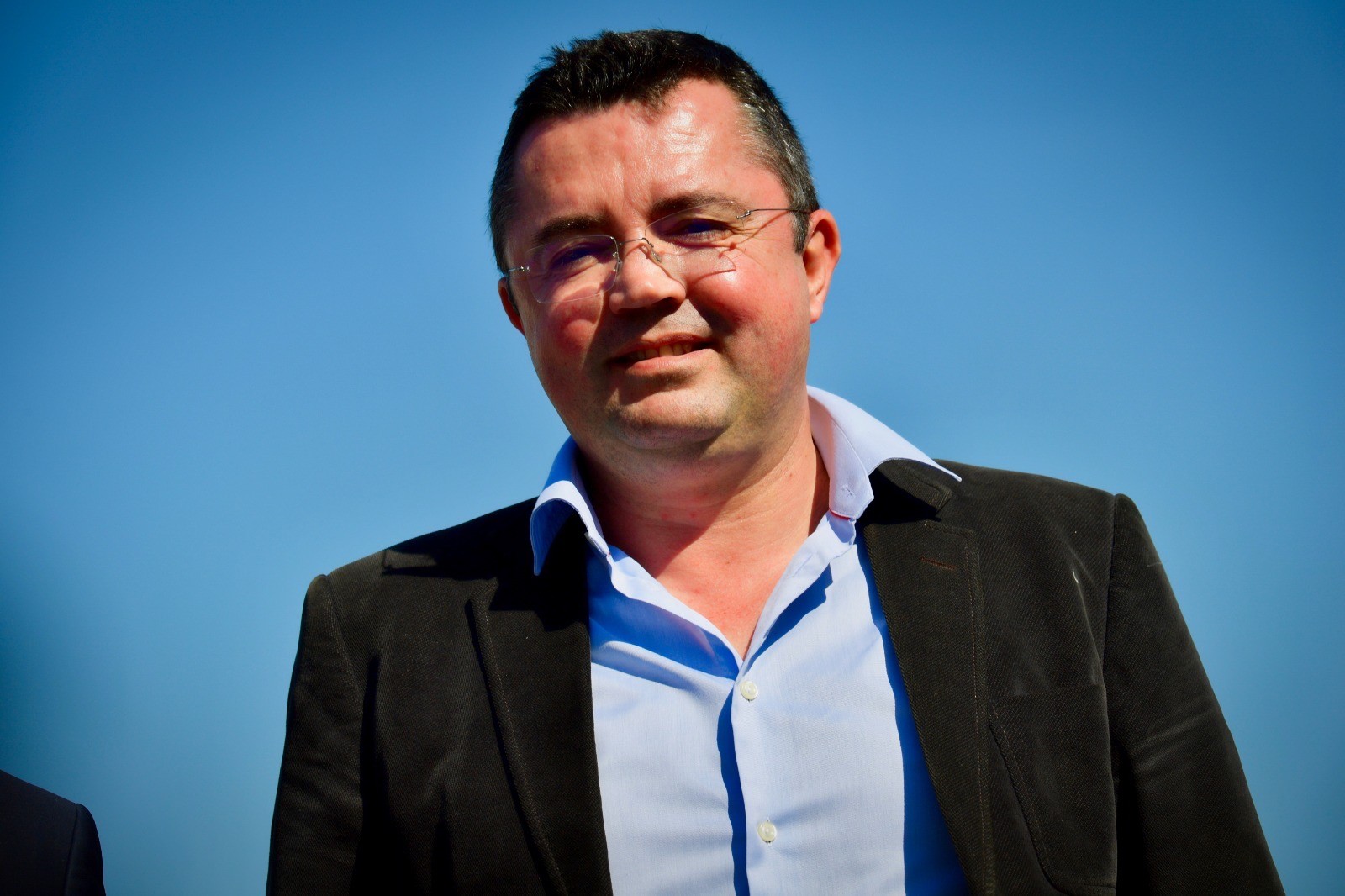F1: French GP ‘not dead’ yet – Boullier (Update)
French GP Managing director Eric Boullier says, “being here next year or not being here next year, it still doesn’t stop the discussion about the future”. But the hope is that this year’s race being relatively successful, with 70,000 attending on race day, will further the French GP’s cause.
France has enjoyed a growing presence on the F1 grid in recent years.
Alpine has played heavily on its French connection since the Renault works team was rebranded in 2021, and it also fields a French driver in Esteban Ocon.
Fellow Frenchman Pierre Gasly has raced in F1 since 2017, with both winning a race in the past two years.
Gasly said that he wanted to “enjoy every second and quite emotional to see all the French flags out there.”

“It’s the first time for me that I see a French Grand Prix like that,” said Gasly, who struggled to 12th in the race.
“It’s the first time that I got to experience it properly since I won at Monza. So more support, and you can really see that people are excited about Formula 1 in this country.
“It made the day slightly better, but yeah, hopefully we can have a French Grand Prix. If it’s not next year then the year after, because I feel like clearly it deserves its place on the calendar.”
Alpine boss Rossi said he would be “very disappointed” if Paul Ricard did not feature on next year’s calendar given the country’s significance to F1 and motorsport.

“I’m not talking about it as the manager of a French team, or even as a French citizen,” Rossi said.
“It’s more like I think France is a racing stronghold. It’s been giving a lot to the sport. It has a big audience, a big fan base.
“It would be a little bit kind of unfair, I would say, to remove a big milestone like the French Grand Prix from the calendar.
“I think it would be odd, but I’m hoping that it will stay.”
“There is no rush,” Boullier told The Race. “We are discussing to put in place the right plan.
“Here, we had the nightmare from 2018 in terms of mobility. It’s a very venerable, very sensitive place. On top of this, they ask us to do the race on the 21st July, which is in the middle of the peak of holidays, the hottest time of the year with the forest fires or whatever. So there was a challenge.
“Remember, the organization of this Grand Prix has slightly changed over the last few years. FOM wanted to make sure we are serious enough, or capable enough, of producing such an event in a difficult environment. And it seems we have eradicated most of the traffic issues.
“Then if we have proven to FOM that we can do it, then it is also another helpful step in our discussion. Wherever it is.”
July 22, 2022
(GMM) The French GP is “not dead”, the Paul Ricard race’s director Eric Boullier has insisted.
As Formula 1 gathered at the venue in Le Castellet on Thursday, most drivers were resigned to the fact that it may be their last in France.
“It might not be on the calendar next year, so it will be important to enjoy every second of it,” said French driver Pierre Gasly.
But while some rued the likely loss of one of F1’s most historic host nations, others seem less bothered about no longer racing at Paul Ricard.
“In fairness, this track is not so exciting,” said quadruple world champion Sebastian Vettel. “I don’t think many drivers are huge fans, at least behind the camera.”
There have, however, been efforts to relocate the event to a city like Nice, but most insiders consider that to be unlikely.
The race’s boss, former McLaren team principal and Frenchman Boullier, insists that negotiations are still taking place.
“We are not dead,” he smiled to Agence France-Presse, revealing that a crowd of 200,000 this weekend is a French GP record.
As for France’s percentage chance of staying on the calendar, Boullier added: “I wouldn’t give a percentage.
“The president of FOM (Stefano Domenicali) made it clear that France deserves to be there. FOM are also working on expanding their calendar in terms of the number of Grands Prix and therefore on several solutions.”
One of those solutions is thought to be a pool of up to 30 grand prix hosts, with some then annually rotating a single place every two or more years.
“There is no ideal solution,” Boullier said.
“We have all the scenarios under discussion with FOM, who strategically speaking would like to have more grands prix and then alternation could be a solution for several of them.
“From the moment when the will on both sides is to keep a grand prix in France, whether every two years, every three years, five years or every year, we’ll see.
“We have to register for the future possibility that there may be 30 grands prix for 25 dates. So we’re not dead, we’re discussing.”
—
Ocon Backs Le Mans

Esteban Ocon believes Le Mans is the best choice.
Stefano Domenicali talked about Nice, which I think would definitely be a great place to have a street circuit,” said Ocon.
“But we also have Le Mans which is a great venue, of course. The track needs maybe a bit of work for track limits and all these things.
“A proper Le Mans race with Formula 1, just as a show, would be quite impressive.”
He added: “I think we have multiple options for sure. A street circuit that could work or a nice circuit that could work as well. We have some good tracks – of course, Magny-Cours is a bit hard to get to.
“But the more realistic one that I thought about is definitely Le Mans.
“And Le Mans as the French Grand Prix, with quite some history, I think would be quite awesome.”
“FOM has a big [Master] plan and when you put everything on the table and say we want this, we want that, you have to check your list,” said Boullier.
“You see if you tick all of the boxes at this venue, or this one maybe is a better fit. And the truth is we had a discussion about where can we do a Formula 1 Grand Prix in France.
“We have Magny-Cours, we have Le Mans, Paul Ricard. If you have a lot of money, you can maybe do Dijon or somewhere else.
“With even more money you can build another track, so you can go like the American strategy, which is going to cities so that’s why all these rumors came around. But It’s just a discussion.”
Boullier says a rotation with other venues on alternate years could be workable for the company, with the possibility of diversifying to promote other events to ensure it is financially viable.
“It depends on the model,” says Boullier. “If you can make a sustainable model where you can survive on every two years, it’s fine.
“As far as we are concerned, we can do some other events and that’s the way we can make the core team survive.
“It’s very complicated as a promoter. We are 20 people all year round. But have 4000 today [for the French GP]. So this one event absorbs the cost of 4000.
“So if for the rest of the year, we can run some other events, [it’s possible].
“And if it’s supported by a government, you can make it system every year, or every other year.”
